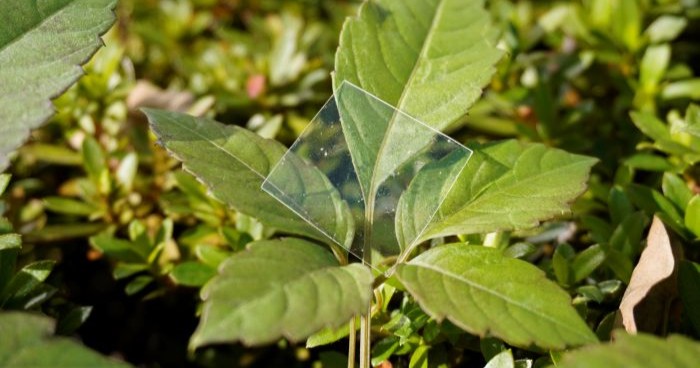"Plastic is a material which is produced from oil by a chemical process and which is used to make many objects. It is light in weight and does not break easily."
So... yes it does

I think I spy some dictionary shopping at work, how many tries did it take?
None of the below refer specifically to petroleum, oil, or natural gas, because plastics are not limited to those source materials.
The OED and the Oxford History of Modern Science can/should be considered canonical.
Emphasis below is mine. (You may not be able to reach some of these, as they're via Wikipedia library access)
Dictionary.com
Often any of a group of synthetic
or natural organic materials that may be shaped when soft and then hardened, including many types of resins, resinoids, polymers, cellulose derivatives, casein materials, and proteins: used in place of other materials, as glass, wood, and metals, in construction and decoration, for making many articles, as coatings, and, drawn into filaments, for weaving. They are often known by trademark names, as
Bakelite, Vinylite, or
Lucite.
Merriam Webster
: a plastic substance
specifically : any of numerous organic synthetic
or processed materials that are mostly thermoplastic or thermosetting polymers of high molecular weight and that can be made into objects, films, or filaments
American Heritage
n. 1. Any of various organic compounds produced by polymerization, capable of being molded, extruded, cast into various shapes and films, or drawn into filaments used as textile fibers.
The OED
3.b. Any of a large and varied class of materials used widely in manufacturing, which are organic polymers of high molecular weight, now usually based on synthetic materials, and may be moulded, extruded, or cast when they are soft or liquid, and then set into a rigid or slightly elastic form. Also as a mass noun: material of this kind.
The Oxford Companion to the History of Modern Science
In ordinary language “plastics” refers to synthetic polymers and evokes artificial materials. Technically the term applies to all materials that can be molded and shaped by heat and pressure.
Plastics can be artificial or natural. Celluloid, the first commercial plastic, was made from cotton treated with nitric acid mixed with camphor.
(and much more, there's an entire education in plastics in just that article)
The RIKEN article itself clearly states it's a plastic, and explains what a plastic is (assuming you read past just the title):
"This new
plastic Is a culmination of his three decades of pioneering work as an expert in materials called supramolecular polymers. Plastics are a type of polymer, which are comprised of small molecules bound into long chains by strong covalent bonds that require extensive energy to break."

www.riken.jp